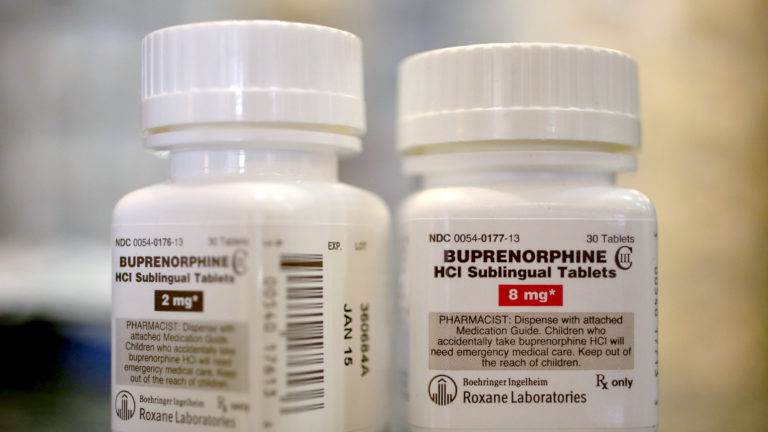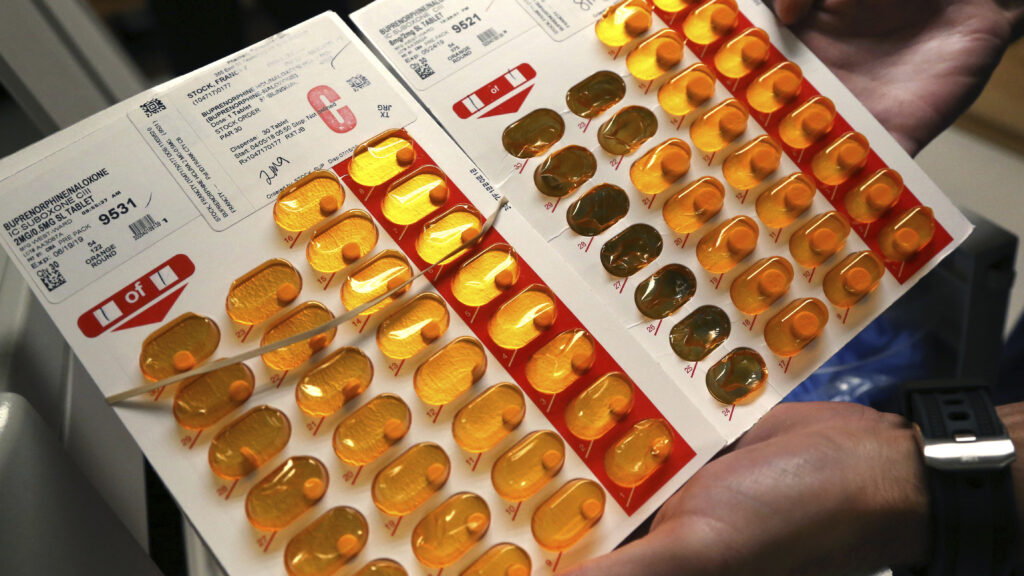The Trump administration appears poised to extend a temporary, Covid-era rule allowing health providers to prescribe certain controlled substances, like ADHD medications and treatments for opioid addiction, via telemedicine.
Under the current rules, providers can initiate prescriptions for drugs like Ritalin or Adderall for ADHD, or buprenorphine for opioid use disorder, without first examining the patient in-person.
The extension would mark the fourth time that the federal government has re-upped the flexibilities, enacted by the Drug Enforcement Administration during March 2020 as the Covid-19 pandemic accelerated, without reaching a permanent decision on how telemedicine prescribing of controlled substances will be regulated.
A posting on a White House budget website, titled “Fourth Temporary Extension of COVID-19 Telemedicine Flexibilities for Prescription of Controlled Medications,” signals that the Trump administration has conceded the regulatory limbo will last at least one more year.
While the full rule is not yet available on the Federal Register, the government website that tracks regulatory changes, its title is identical to a regulation that was finalized almost exactly a year ago by the Biden administration.

STAT Plus: DEA unveils telehealth rules for Adderall, buprenorphine, other controlled medications
In the last five years, the temporary telehealth flexibilities have led to a proliferation of businesses with business models centered on the remote prescribing of controlled substances. Critics, however, have charged that prescribing stimulants for ADHD, and to a lesser extent buprenorphine for opioid use disorder, without an in-person examination could lead to misuse or addiction.
Some research has found that patients who receive ADHD medications via telehealth without an in-person visit do not experience addiction or adverse consequences at higher rates than those examined in a doctor’s office.
The fourth extension of the rule would extend the limbo that these businesses have experienced since 2020.
It also underscores the Biden administration’s foot-dragging on creating a final telehealth rule. After the Trump administration first allowed the new flexibilities under Covid-19, they were extended three times under the Biden administration and now a fourth time under the Trump administration.
An initial proposal from the Biden administration to re-impose some restrictions met fierce blowback, including from some Democratic lawmakers, in 2023. An updated proposal, unveiled on Jan. 15 — with five days left before Trump took office — was introduced far too late to be finalized, but included a long-awaited proposal for a special registry for telemedicine prescribers of controlled substances and restrictions on what share of prescriptions a provider can write via telehealth.
It is unclear how the Trump administration might eventually move to finalize regulations for prescribing controlled substances via telemedicine. Among the most debated issues are whether the DEA should differentiate between Schedule II and Schedule III substances (like Ritalin and buprenorphine, respectively), and more generally, how stimulants used to treat ADHD should be regulated.
During his confirmation process, Terry Cole, the new head of the DEA, was noncommittal when asked by Sen. Sheldon Whitehouse (D-R.I.) whether Americans will continue to “have access to telehealth services for substance use disorders.”
His reply: That he would give the matter “careful consideration.”
Telehealth more broadly has also suffered under the soon-to-end government shutdown, according to a Brown University analysis that showed telehealth visits under Medicare plummeted in the first half of October, after the government’s funding lapsed.
Mario Aguilar contributed reporting.
STAT’s coverage of chronic health issues is supported by a grant from Bloomberg Philanthropies. Our financial supporters are not involved in any decisions about our journalism.

